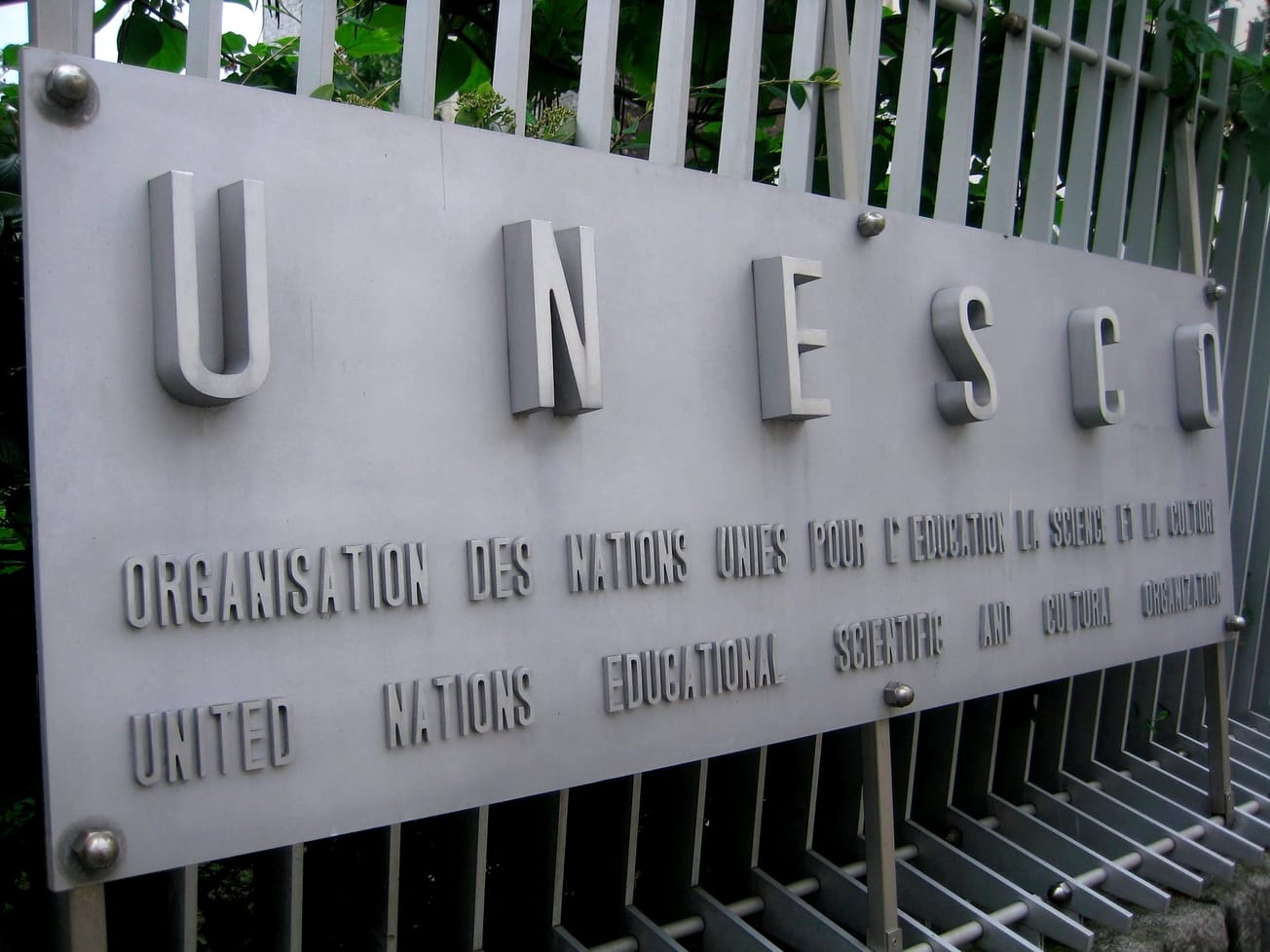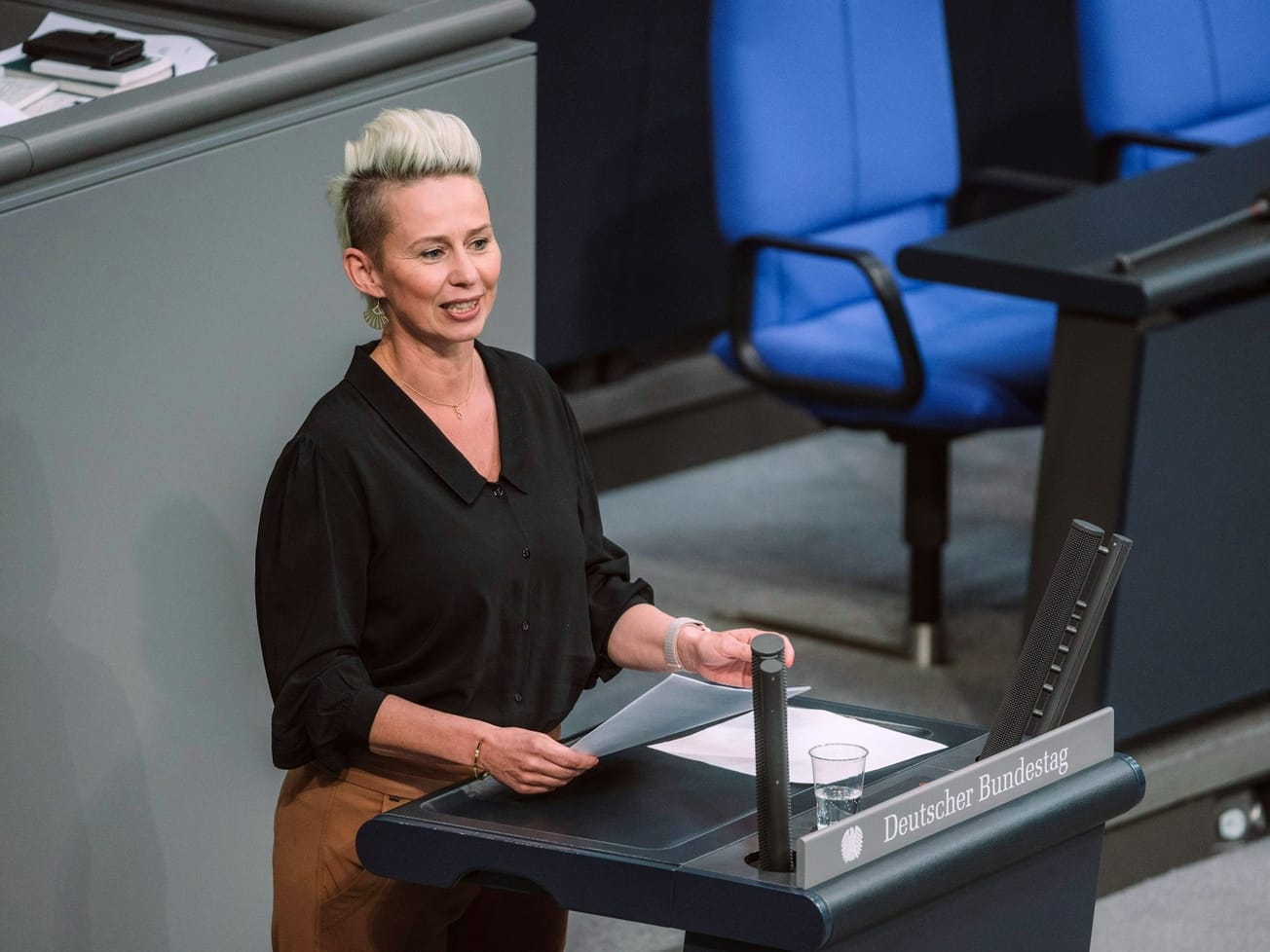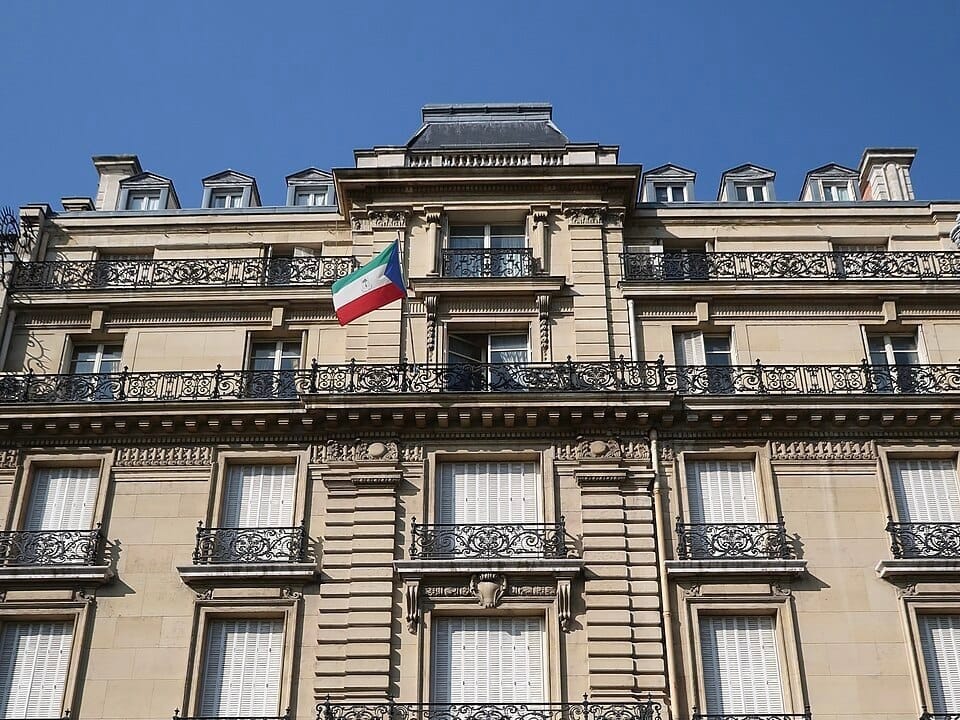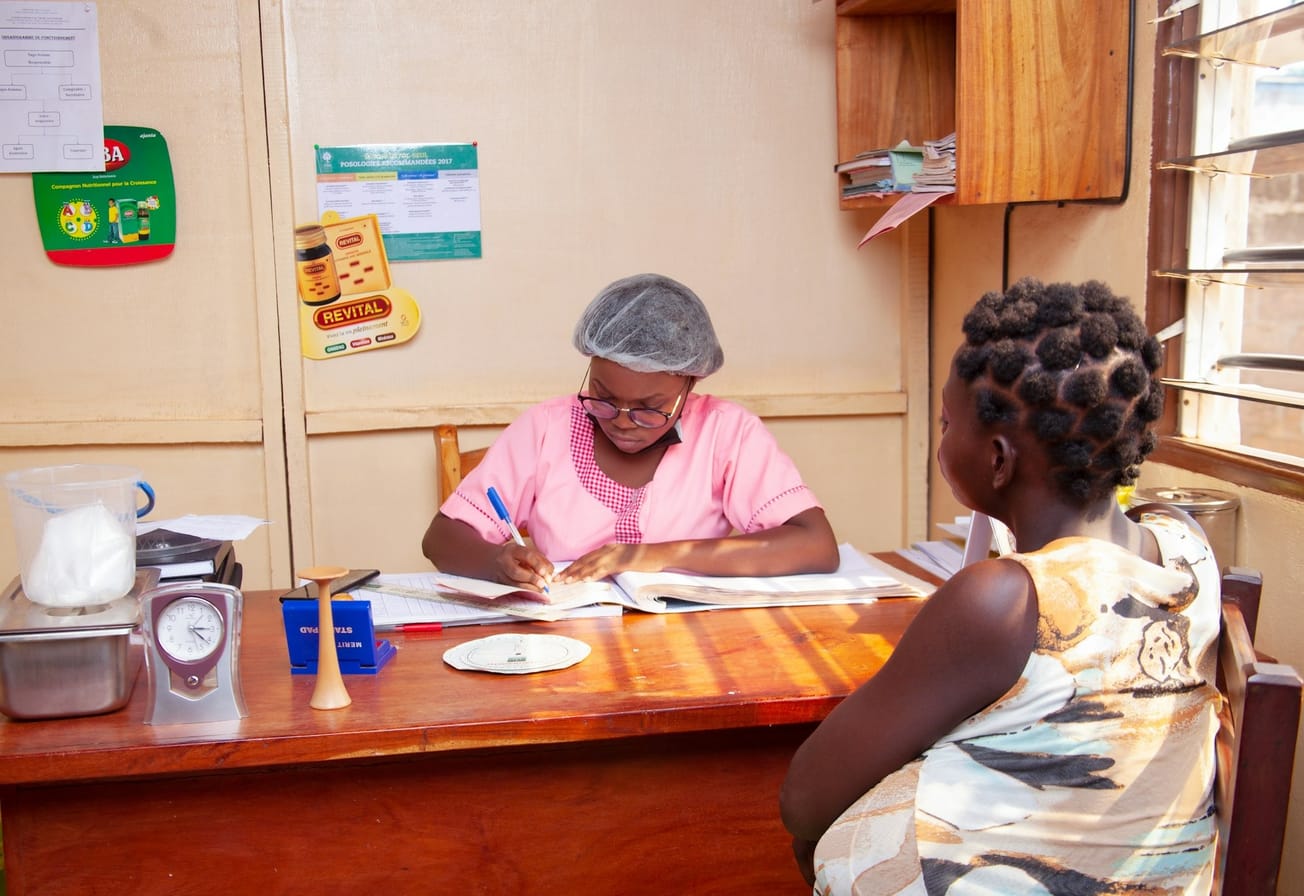GENEVA (AN) — The International Labor Organization adopted a global treaty meant to reduce violence and harassment in the workplace, but stopped short of including language that would include LGBTI people.
Amid cheers and applause, the U.N. labor agency's 12-day International Labor Conference ended on Friday by approving the ILO Convention on Violence and Harassment. The conference drew 5,000 delegates from among ILO's 187 member nations.









